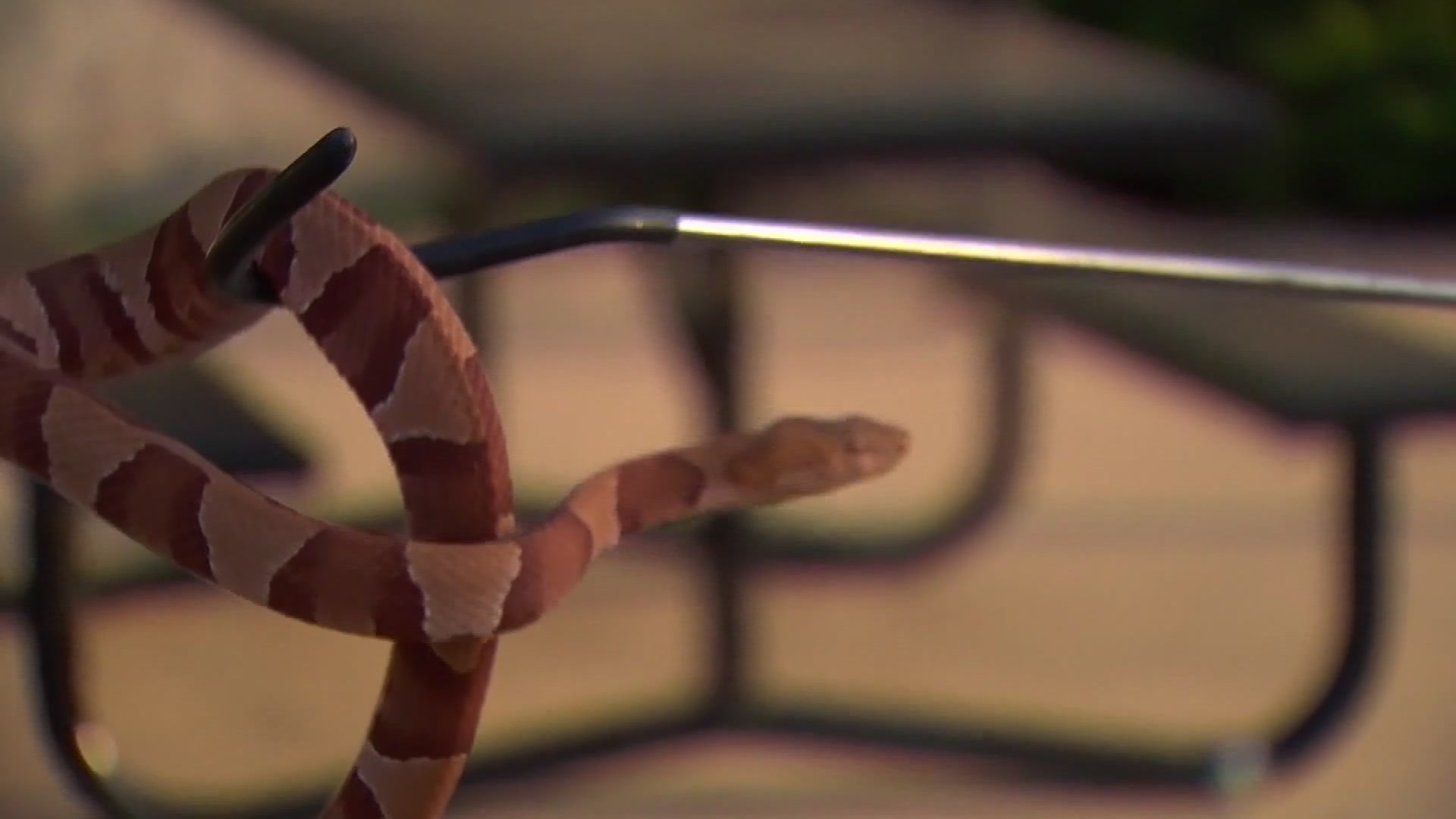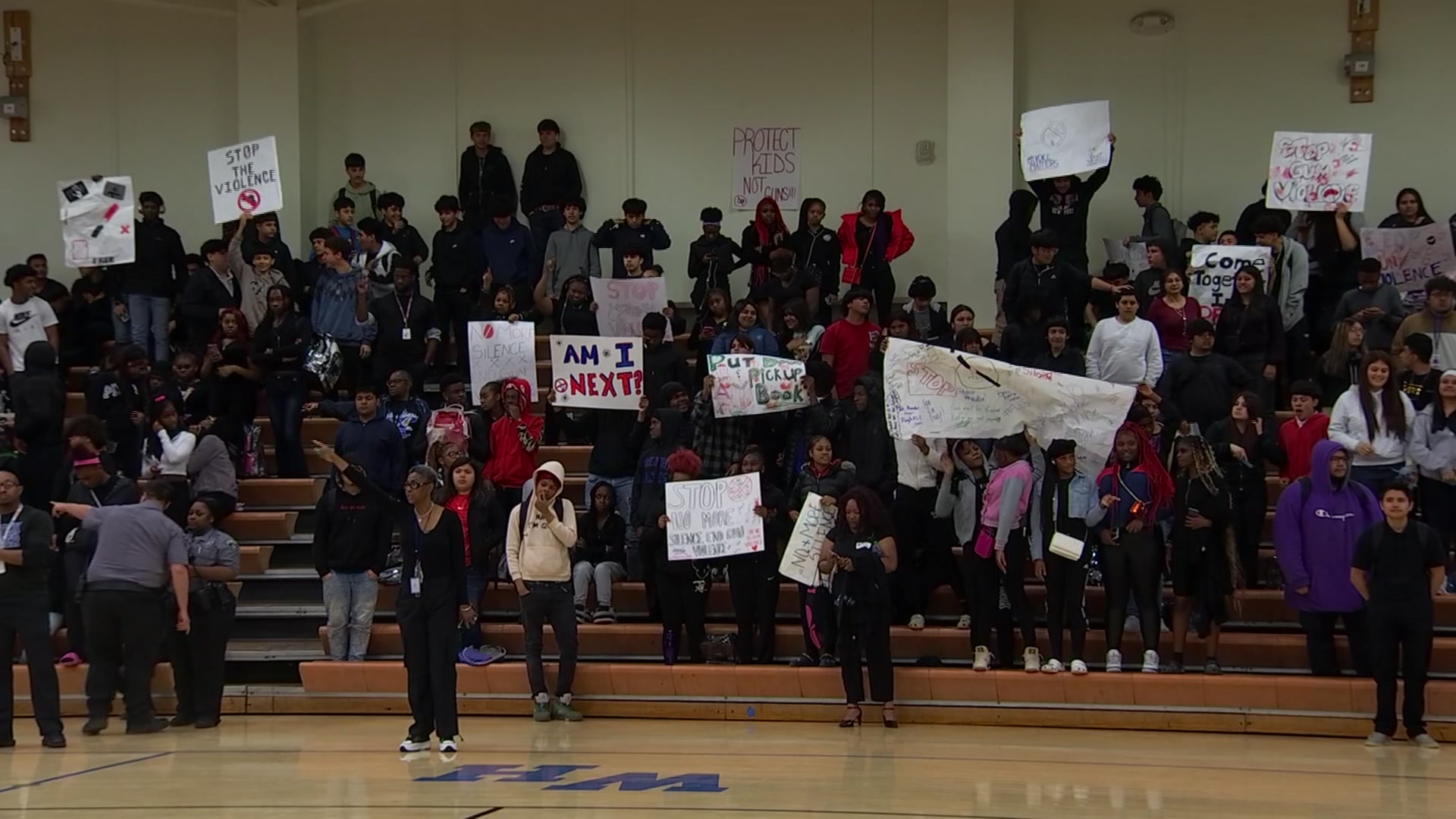Most people believe football poses the greatest risk to our kids health, but doctors say they see more concussions in young soccer players than anyone else.
When doctors in Dallas looked deeper at the numbers, they were surprised by what they found.
Female soccer players are five times more likely to go back to play too soon after suffering a concussion when compared to boys, according to the data published by doctors at Texas Scottish Rite for Children.
"Continuing to play after your injury is not a smart move and may put them at risk for missing the whole season instead of one game," said Dr. Shane Miller, of Texas Scottish Rite.
Dr. Sally Fryer Dietz, founder of Integrative Concussion Therapy in Dallas, has been involved in a study working with former NFL players at risk of developing the degenerative brain disease CTE. She says the fact girls are far more likely to go back into the game too soon doesn't surprise her one bit.
"The difference between boys and girls is that boys are often known to under-report their symptoms and most of the times they go undiagnosed," she said.
Girls also have a higher risk for concussion to begin with.
"They have smaller neck musculature, and they have more fluid anatomically around the brain," Dietz said.
Even though symptoms of a head injury — such as headaches and trouble sleeping — are easier to spot in girls, they may not appear for days or even weeks, which is why it's so important, Dietz says, to not to let them rush back.
"Any time you see somebody on the field who gets hit really hard, even if they get up and keep playing, that doesn't mean they didn't suffer some kind of blow to the head," Dietz said.
She is now developing a training course that will better educate parents, coaches and athletic trainers to spot the signs of concussion.
Local
The latest news from around North Texas.
The information will also help everyone understand why it's so important to make sure our young athletes stay off the field if they're hurt.
"They get cleared too soon, and we wonder why their symptoms come back or begin to persist," she said.
Blakely Winblood, a youth soccer player in Dallas, understands the importance of pulling yourself out of the game after a hit.
She suffered back-to-back concussions during a game several years ago.
"I know for me, I just want to be tough. And I'm like, 'No, I'm OK!'" Winblood said.
The injuries caused severe pain, and she missed several days of school.
"I never want to go through that again," she said.
"New rule: If I get hit, I have to come out, and we are done until I get examined and get the go ahead," Winblood added.
Doctors say it takes three to four weeks for the brain to heal from an injury.



